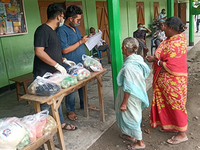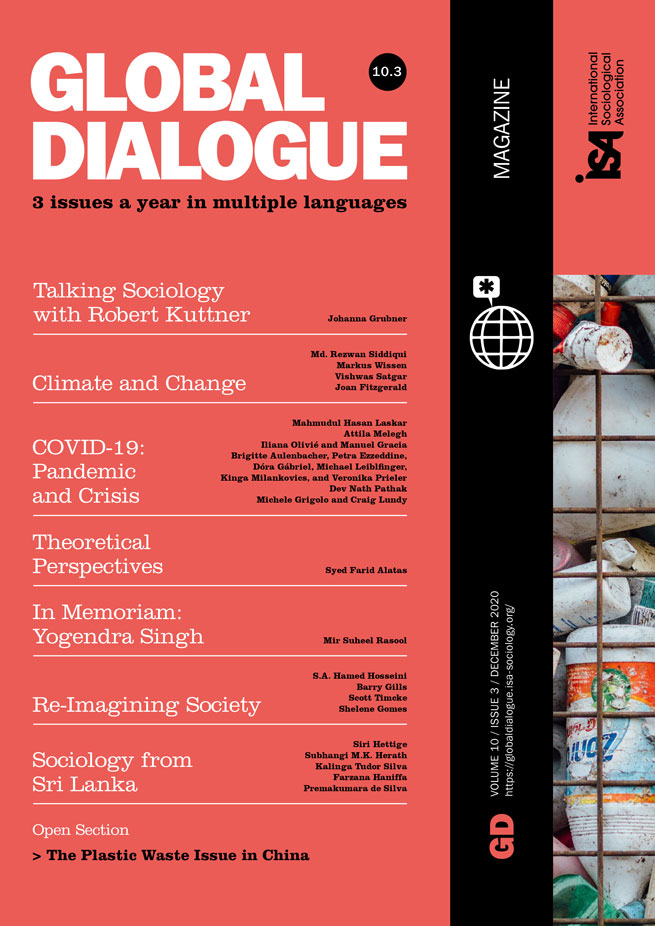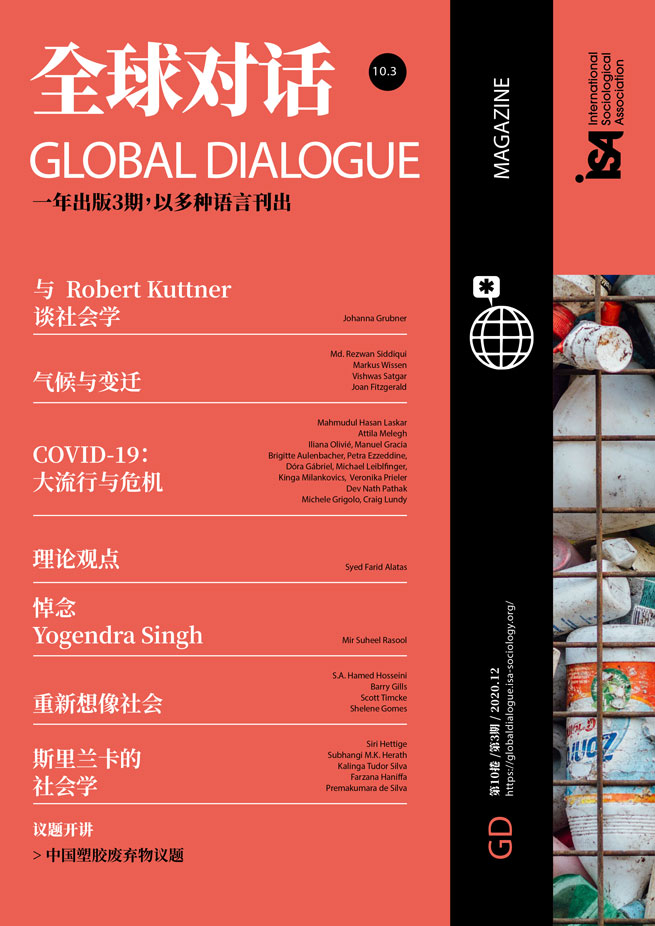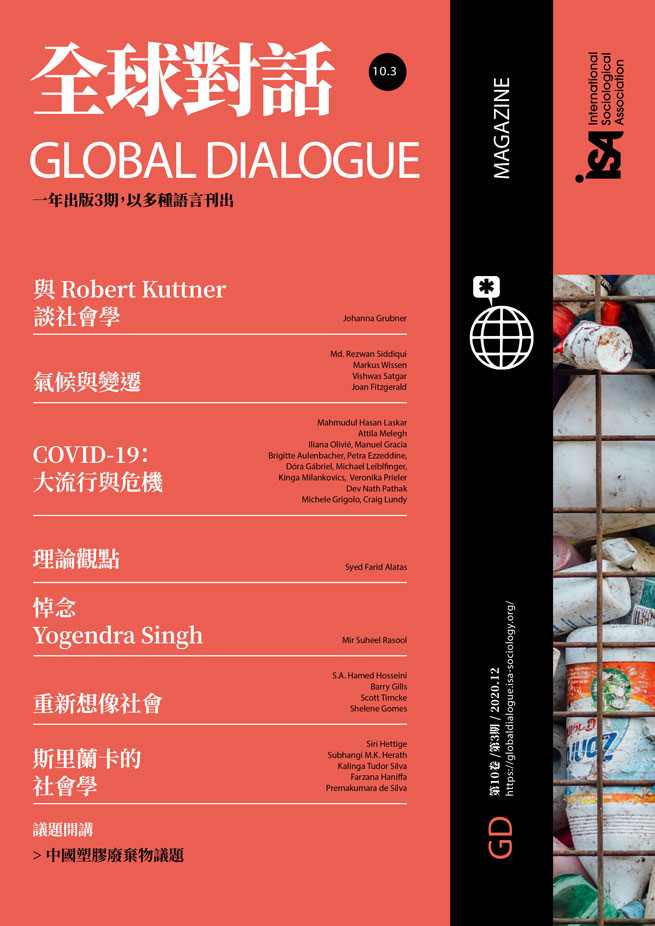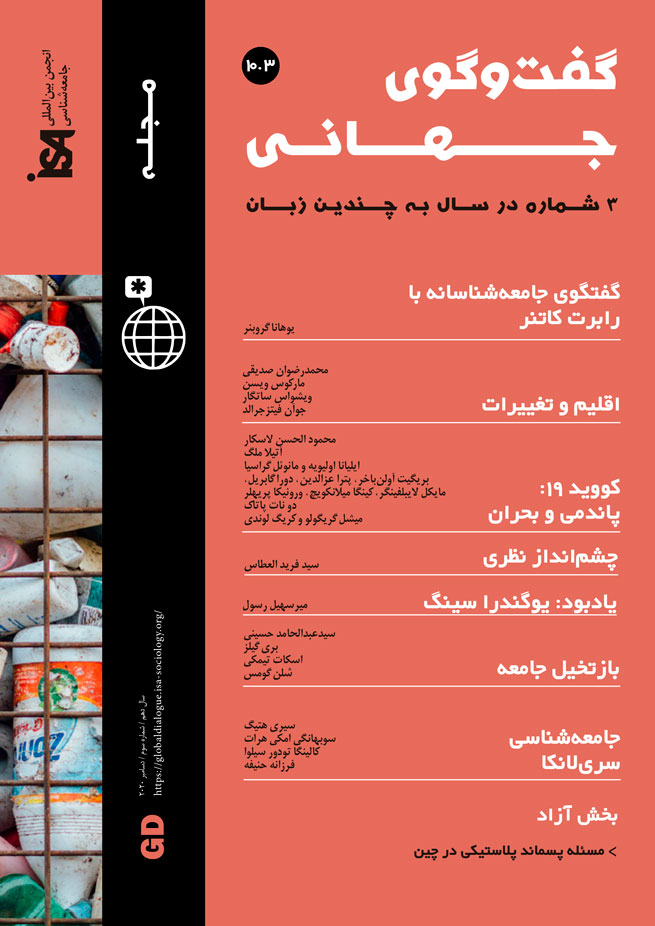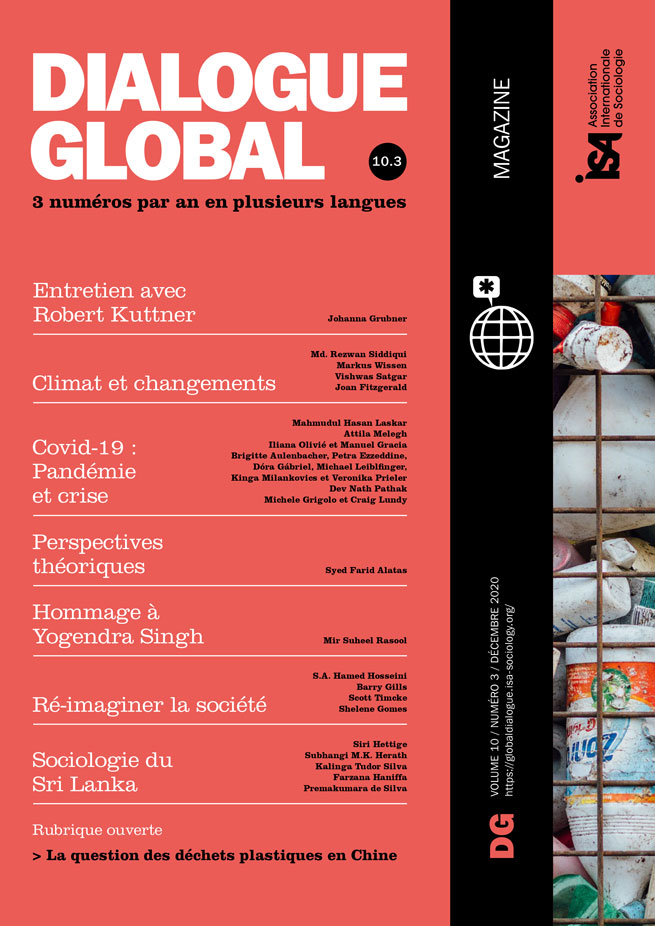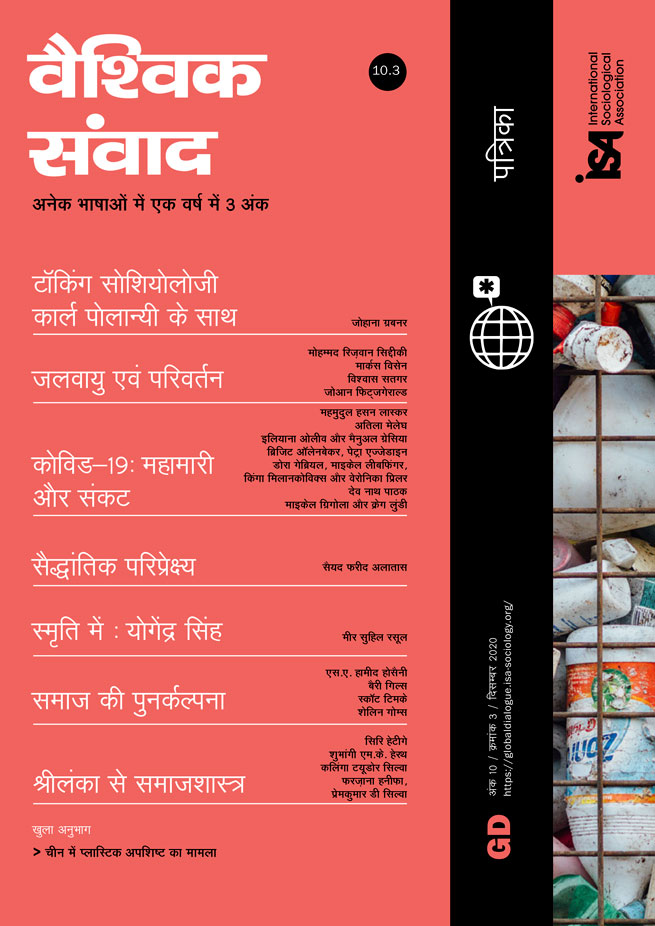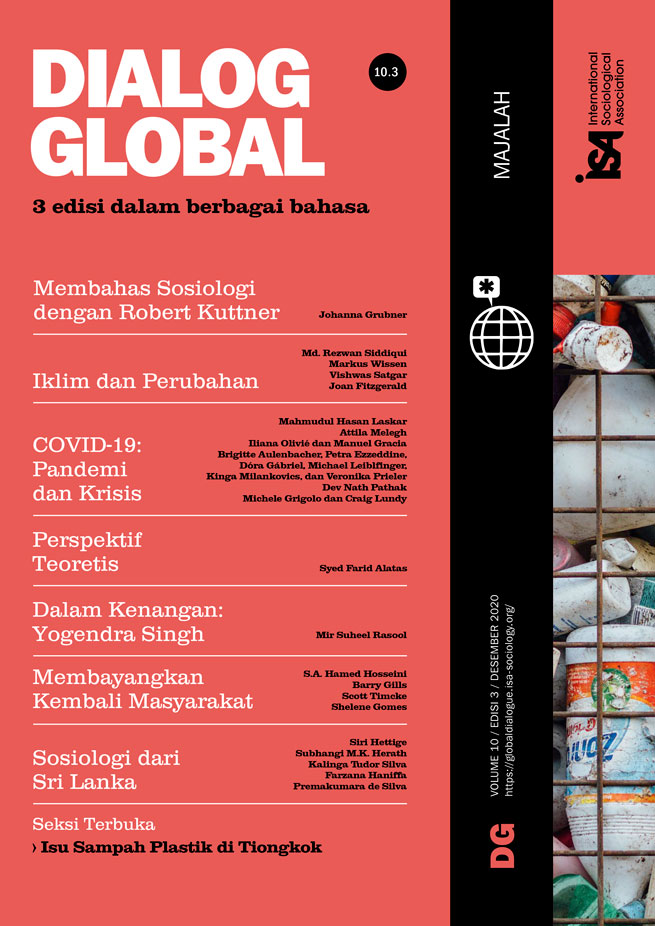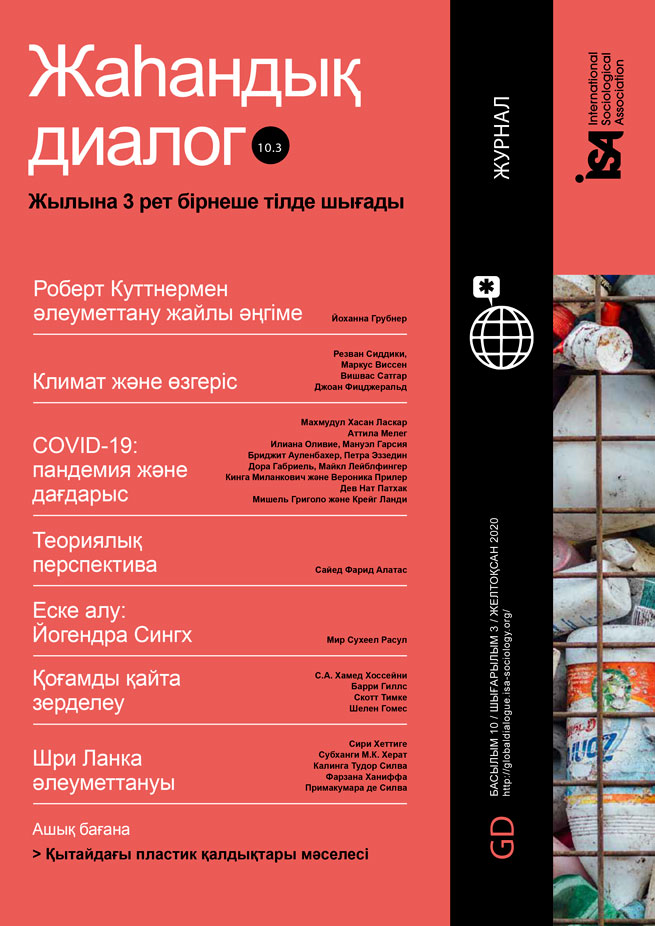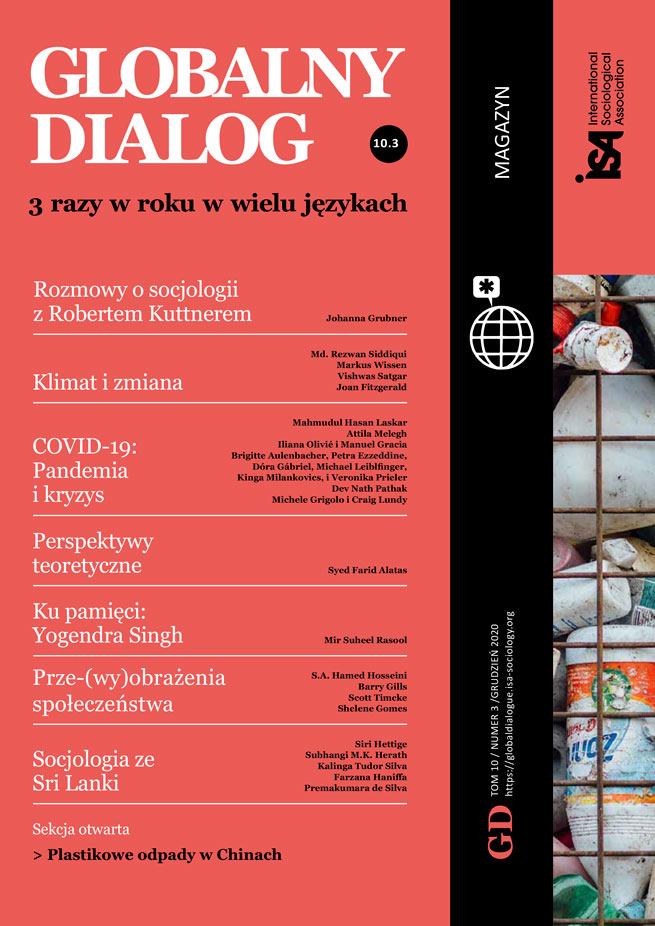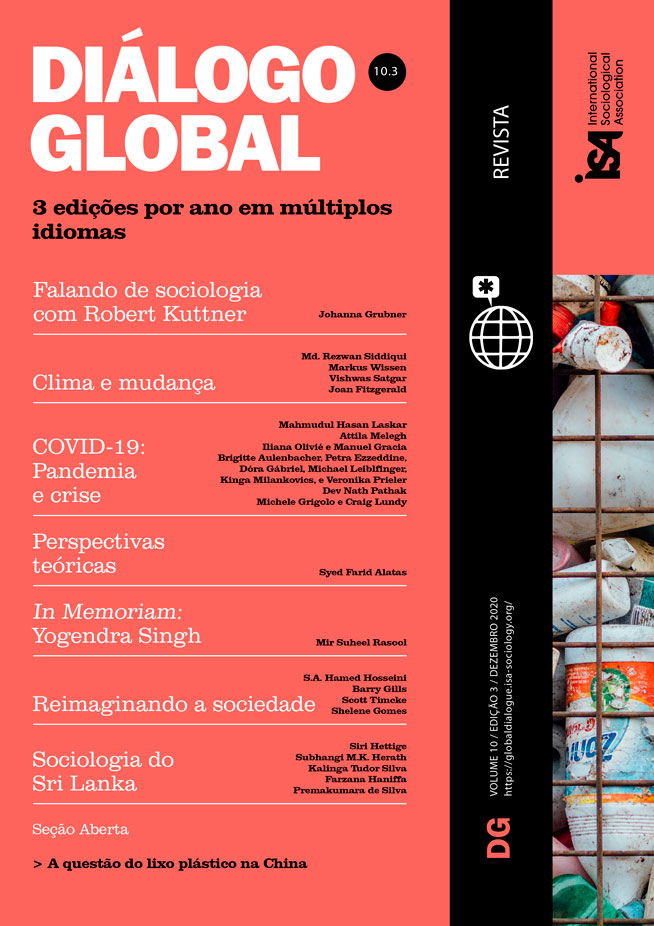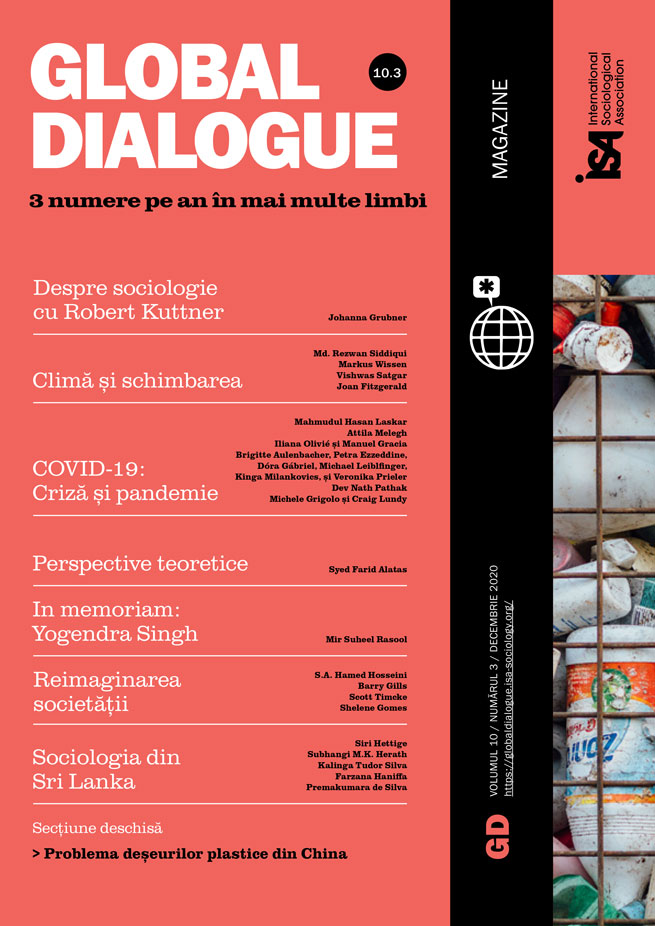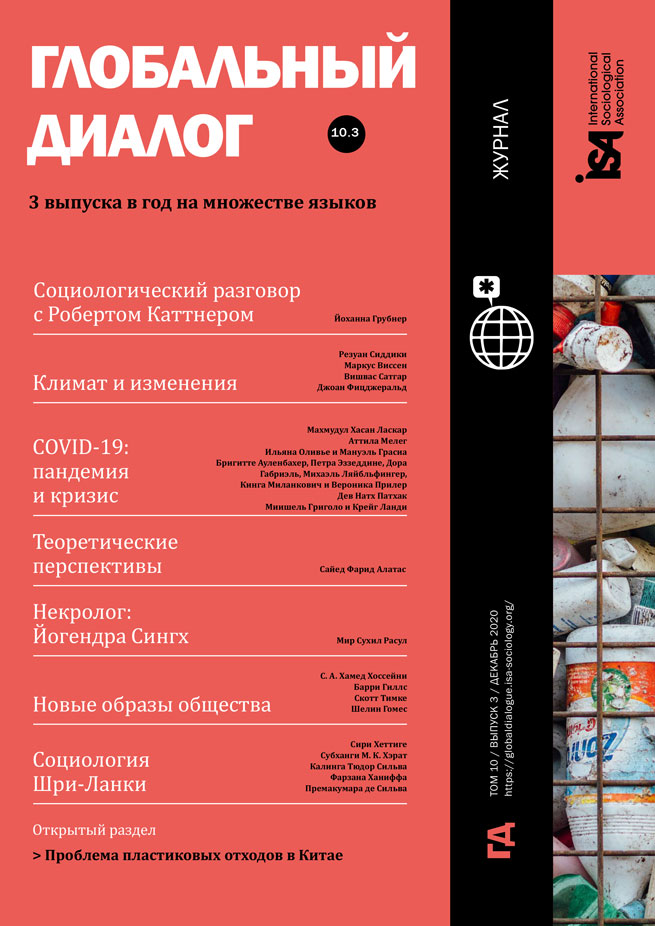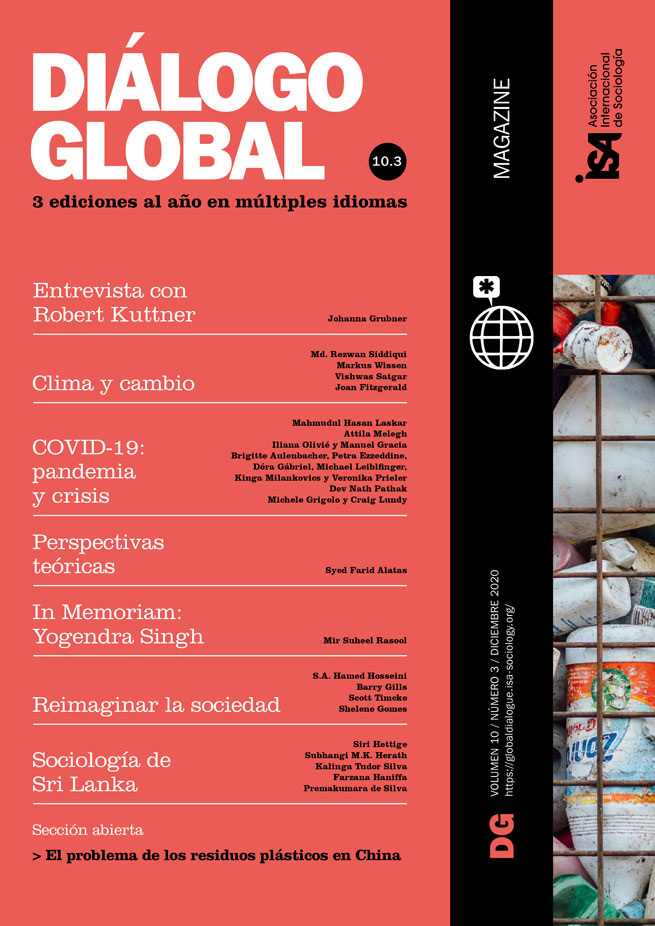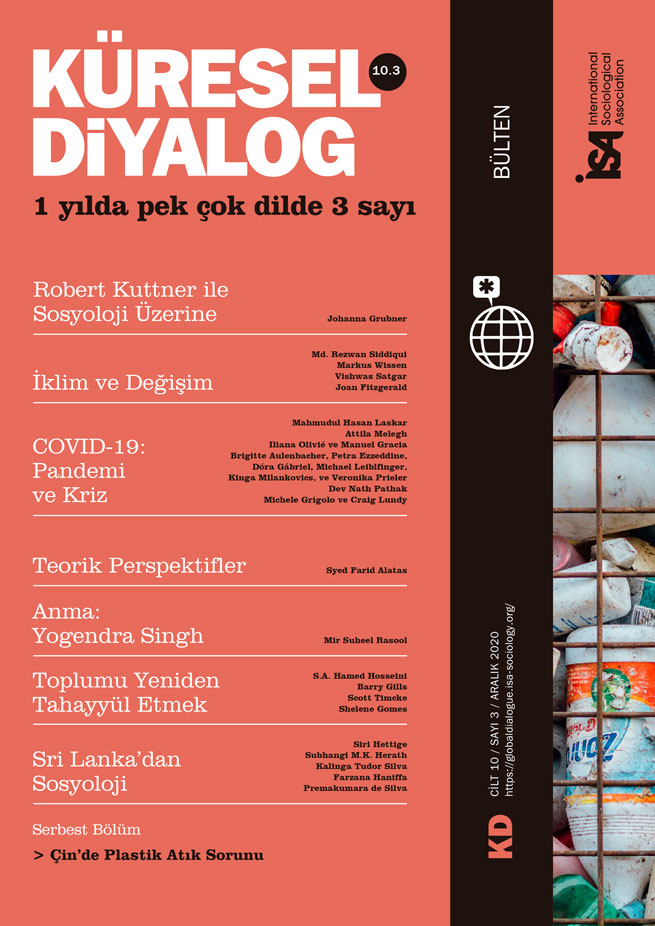In Central Europe, live-in care is an increasingly important pillar of elder care regimes. Care workers, primarily female migrants, live and work in the households of care receivers. Their responsibilities range from housekeeping to medical tasks. The regulation of live-in care varies from country to country, with precarious working conditions as a common denominator. Central European live-in care is based on circular migration and often brokers recruit care workers from poorer countries who are pushed to accept (any) jobs abroad. One prerequisite for this model is the more or less free movement of workers within EU member states and beyond, which, during the COVID-19 pandemic, could no longer be taken for granted because of closed borders. This article analyzes the situation of live-in care in Austria, the Czech Republic, and Hungary by introducing their respective care models and showing how live-in care has been affected by the pandemic.
Live-in care in Austria, the Czech Republic, and Hungary
In Austria, live-in care is legalized as a profession. Typically, two carers alternate in one household every two to four weeks. Care workers are self-employed, which denotes flexibility mainly for care receivers, while carers are not eligible for minimum wage, paid vacation, or sick leave. Unlike Austria, the Czech Republic and Hungary both send as well as receive care workers. Outgoing Czech and Hungarian carers circulate predominantly to the German-speaking countries - Austria and Germany. For the Czech Republic, where migrant care work for private households is a fairly new phenomenon, Ukraine is an important sending country. The live-in care sector in the Czech Republic is still small and gaining a (non-EU) migrant worker’s residence permit depends on a valid employment contract. Hungary receives mainly ethnic Hungarian care workers from Ukraine and Romania, who, because of linguistic and cultural closeness, don’t necessarily move towards Western Europe for higher salaries. The majority of migrant live-in carers in Hungary work informally but there also are a few formal employment opportunities.
Challenges brought on by the COVID-19 pandemic
As the COVID-19 pandemic spread, it brought an immediate closure of borders, not only but also in Central Europe, and for a while, it stopped circular cross-border migration. In Austria, the pandemic brought live-in care back into omnipresent media coverage and onto the agenda of various actors who strove to continue without change instead of looking for alternatives. The German, Austrian, and Czech governments successfully negotiated “care corridors” while Hungarian care workers were likewise free to enter Austria. Care workers started to consider whether they should stay at home, which likely meant the loss of their income, or leave for/stay in the receiving country. In Austria, many carers extended their shifts, which the federal government incentivized by a one-time, tax-free bonus of 500 euros. Between late March and May, care workers were brought to Austria in three chartered planes from Bulgaria, Croatia, and Romania as well as six special trains from Romania only. While at the beginning, all care workers were quarantined for 14 days in a hotel without pay, later only carers testing positive – as well as those sharing the same train compartment as them – had to quarantine, again without pay. As Central European borders were reopening in mid-June, regular travel paths were available to circular migrants again.
As a result of the strict cross-border regime during the first few months of the pandemic, care workers crossing the border back to the Czech Republic were faced with a 14-day obligatory self-isolation at home. Furthermore, they had to provide a negative COVID-19 test, with new tests required every 14 days, for which carers had to pay themselves. The dominant media discourses described Czech circular migrants as a significant public health threat. As some care workers reported online, their families faced social stigma as potential virus carriers in their local communities. At the beginning of the pandemic, Ukrainian care workers in particular often expressed feelings of insecurity, fear, and the worry that they would end up unemployed and “locked” inside the Czech Republic without any possibility of returning home. It was not until May 4th that the Ministry of Interior introduced a new regulation cancelling the 60-day period for providing a new residence permit in the event of migrants losing their jobs during the state of emergency. In contrast to the massive media coverage of the situation of Czech cross-border workers, the situation of migrant care workers in the Czech Republic remained shrouded in silence even in the general discourses about the social relevance of critical infrastructure workers and the urgent need to provide them with adequate protective equipment.
In Hungary, which lacked the media coverage seen in Austria and the Czech Republic, the government’s reaction to the pandemic created additional pressure in elderly care: Thousands of patients were sent home from hospitals in order to free up beds for future COVID-19 patients. This created a demand for additional care-related help while, at the same time, care workers from Romania and Ukraine returned to their home country or couldn’t cross the border into Hungary. The live-in care market was further unsettled as many people lost their jobs and with it, their willingness to pay for care services seemingly decreased. While many outgoing Hungarian care workers were happy to stay longer in Austria because of the bonus introduced, others were not able or willing to return to work as they faced increased care obligations at home. On social media, Hungarian carers working in Austria expressed their resentment against the receiving country’s measures to transport Romanian carers. Many of them agreed that providing this privilege to one migrant group could risk their own (future) employment.
Conclusion
During the pandemic, working conditions in receiving and sending countries have been further undermined. Facing worse conditions in their home countries, migrant workers nonetheless have been pushed to accept jobs offered abroad despite potential health and other risks and restrictions during the pandemic. The cross-border care labor market is often portrayed as a win-win one, in which older people receive affordable care and migrants a job paying more than alternatives at home. In fact, this Central European care market creates a scheme of nationality-based structural inequalities, transnational exploitation of workforce, and exclusion amidst a myth of an egalitarian and integrated Europe. Although the fragility of live-in care was given new attention by the pandemic, care workers’ and receivers’ wants and needs were either not addressed, or addressed insufficiently or unevenly. People in need of care and their relatives faced a lack of public support and anxiety because of closed borders. While many measures aimed to ensure the continuation of live-in care, workers’ living and working conditions that were precarious even before the pandemic remained ignored. Because of social distancing – also between care receivers and their relatives –, carers faced increased workloads and isolation. Transnational travel brought the risk of contagion and/or (unpaid) quarantine. Care workers stuck in their home countries faced financial deprivation. And despite discourses about their systemic relevance, care workers were presented as a threat to public health and national labor markets. The social and financial burden of the pandemic thus ended up falling on the shoulders of circular migrants.
Brigitte Aulenbacher, Johannes Kepler University, Austria and member of ISA Research Committee on Economy and Society (RC02), Poverty, Social Welfare and Social Policy (RC19), Sociology of Work (RC30), and Women, Gender, and Society (RC32) <brigitte.aulenbacher@jku.at>
Petra Ezzeddine, Charles University, Czech Republic <petra.ezzeddine@fhs.cuni.cz>
Dóra Gábriel, Hungarian Demographic Research Institute, Hungary <gabriel@demografia.hu>
Michael Leiblfinger, Johannes Kepler University, Austria and member of ISA RC19 and RC30 <michael.leiblfinger@jku.at>
Kinga Milankovics, HEKATE Conscious Ageing Foundation, Hungary <kinga@hekatefoundation.org>
Veronika Prieler, Johannes Kepler University, Austria and member of ISA RC19 and RC32 <veronika.prieler@jku.at>

